VOLUNTEERING OPPORTUNITIES IN EAST AFRICA
Volunteer in Big Mammals Conservation, Tsavo Ecosystem, Kenya – Starting 2 Wks
from 0 review
Duration
2 Weeks +
Tour Type
Daily Tour
Group Size
Unlimited
Languages
English
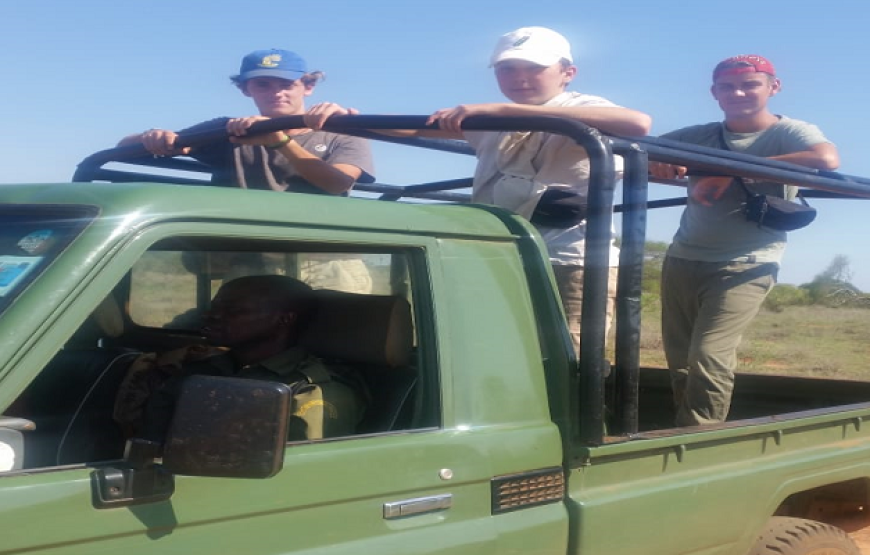
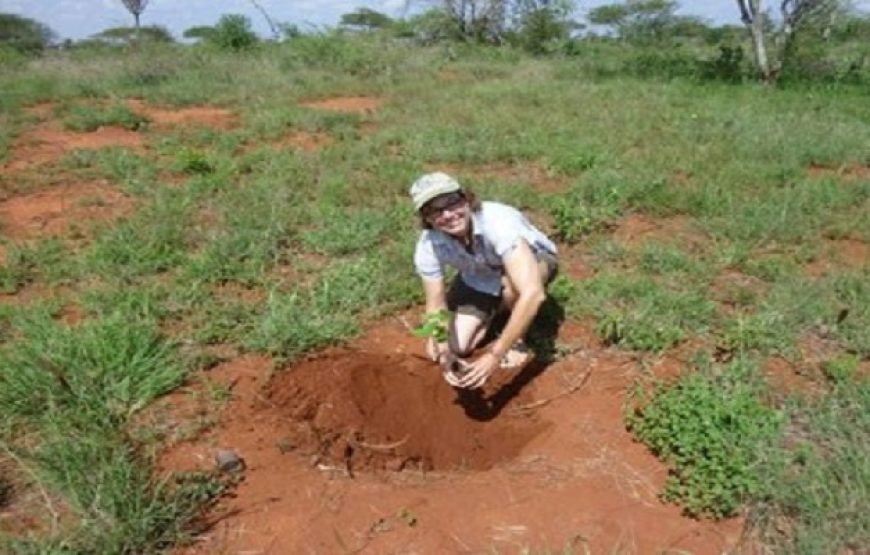
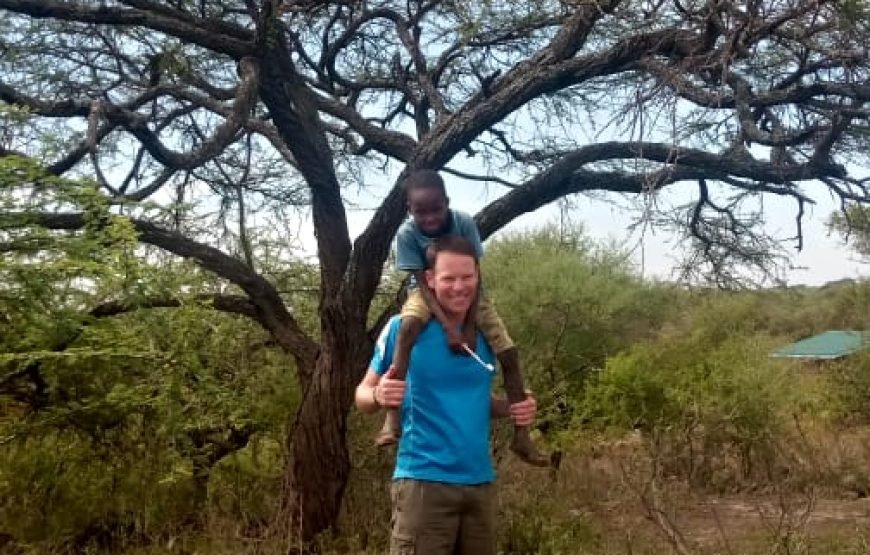
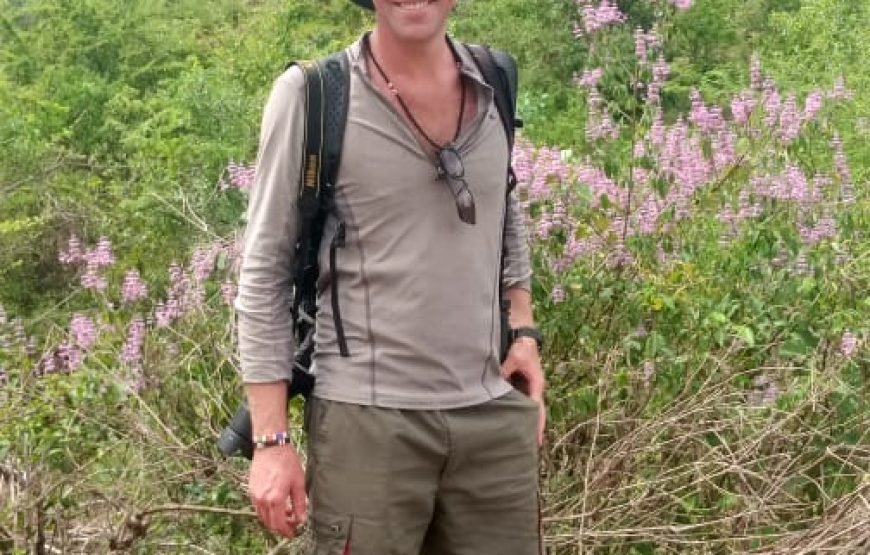
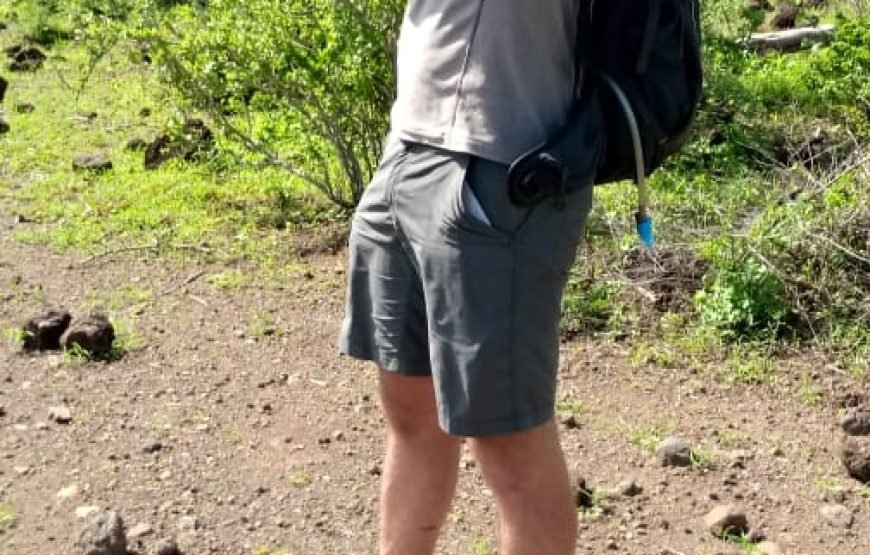
Embark on an unforgettable journey as a volunteer in big mammals conservation in the iconic Tsavo Ecosystem. This two-week program offers a unique opportunity to contribute to wildlife preservation while immersing yourself in Kenya’s breathtaking landscapes. Activities Include:
Animal census
De-snaring operations
Animal scouting
Data collection and analysis
Environmental education
HIGHLIGHTS
- Hands-on experience in Big Mammals wildlife conservation
- Work alongside experienced conservationists
- Contribute to the protection of iconic African wildlife
- Explore the vast Tsavo Ecosystem
- Engage with local communities in environmental education initiatives
Day 1: Arrival in Nairobi

Your adventure begins as you touch down in Nairobi, Kenya’s vibrant capital. A representative will greet you at the airport and transfer you to your hotel in the city. Take this time to rest and prepare for the exciting journey ahead.
Day 2: Orientation in Readiness to your Volunteering in Tsavo Ecosystem
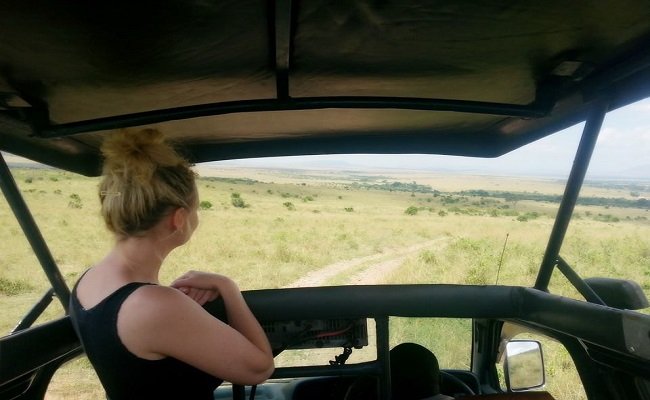
Dive into a comprehensive orientation session where you’ll learn about the Tsavo Ecosystem, its wildlife, and the conservation challenges it faces. Meet your fellow volunteers and the expert team who will guide you through this transformative experience.
Day 3: Transfer to Tsavo Ecosystem
Embark on a scenic journey to the Tsavo Ecosystem, one of Africa’s largest wildlife conservation areas. As you travel, witness the changing landscape and keep your eyes peeled for wildlife. Upon arrival, settle into your accommodation and receive a briefing on safety protocols and your upcoming activities.
Day 4-14: Volunteering in Big Mammals Conservation
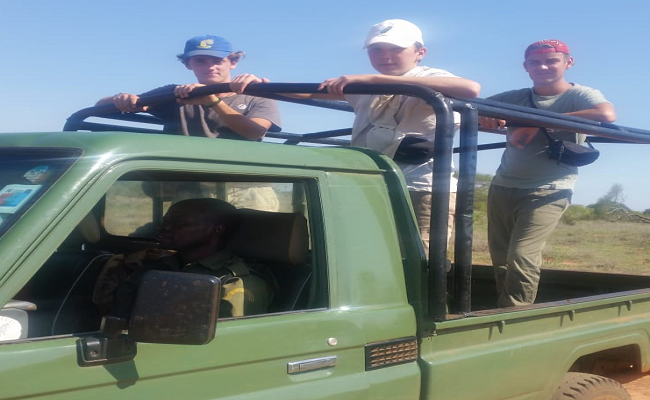
Immerse yourself in daily conservation activities over the next eleven days. Each day brings new experiences and challenges:
Participate in animal census operations, contributing to vital population data
Join anti-poaching patrols and assist in de-snaring efforts to protect wildlife
Engage in animal scouting, observing and recording animal behavior and movements
Collect and analyze data crucial for ongoing conservation efforts
Conduct environmental education sessions with local communities, fostering a culture of conservation
Throughout your stay, you’ll have the opportunity to observe a wide range of wildlife, including elephants, lions, leopards, and numerous bird species. Your efforts will directly contribute to the preservation of this unique ecosystem.
Day 15: Farewell and Certification
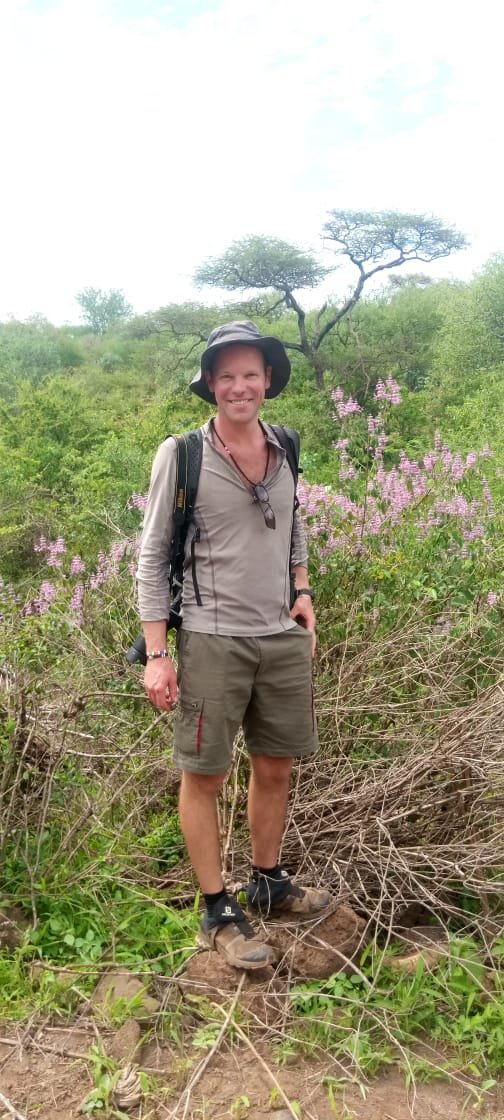
On your final full day, participate in a wrap-up session to reflect on your experiences and contributions. Receive your well-earned volunteer certification and enjoy a farewell dinner with your team, celebrating the connections you’ve made and the impact of your work
Day 16: Departure

Bid farewell to the Tsavo Ecosystem as you transfer back to Nairobi for your departure flight. Leave with unforgettable memories, new skills, and the satisfaction of knowing you’ve contributed to the conservation of Africa’s magnificent wildlife.
- Meet and Greet Services with airport assistance
- Arrival and departure airport transfers with assistance
- Orientation on volunteer responsibilities and Expectations
- Accommodation in a Homestay/Volunteer House
- Half Board Meal Plan
- Transport to the homestay/volunteer house
- Volunteering Certificate
- International & Local Airfares
- Entry Visa to Kenya or any other country
- Travel Insurance Cover, Personal or Baggage (Recommended)
- International airport(s) departures taxes (if not included in your ticket)
- Expenses of personal nature such as phone calls, internet, laundry etc.
Tour's Location
Q1. What is the Tsavo Ecosystem and why is it important for big mammals conservation?
Q2. What specific activities will I be involved in during the volunteer program?
Animal census: Counting and recording wildlife populations
De-snaring: Removing illegal snares set by poachers
Animal scouting: Observing and tracking wildlife movements
Data collection and analysis: Gathering and processing information on animal behavior, health, and habitat use
Environmental education: Engaging with local communities to raise awareness about conservation
Q3. Do I need prior experience in wildlife conservation to participate?
Q4. What is the accommodation like in the Tsavo Ecosystem?
Q5. What should I pack for the volunteer program?
Neutral-colored, lightweight clothing (avoid bright colors that may disturb wildlife)
Sturdy walking boots and comfortable shoes
Sun protection (hat, sunscreen, sunglasses)
Insect repellent
Water bottle
Binoculars (if possible)
Camera
Personal medications
A detailed packing list will be provided upon registration.
Q6. Is it safe to work with big mammals in the Tsavo Ecosystem?
Q7. How does this volunteer program contribute to long-term conservation efforts?
Data collected by volunteers aids in monitoring wildlife populations and habitat health
De-snaring activities directly save animal lives and help combat poaching
Community education fosters local support for conservation
The presence of volunteers deters illegal activities in the ecosystem
Funds from the program support ongoing conservation initiatives
Q8. What is the typical daily schedule for volunteers?
6:30 AM: Wake up and breakfast
7:30 AM - 11:00 AM: Morning activities (e.g., animal scouting, census)
11:00 AM - 2:00 PM: Lunch and rest
2:00 PM - 5:00 PM: Afternoon activities (e.g., data analysis, community education)
5:00 PM - 7:00 PM: Free time
7:00 PM: Dinner and evening briefing
Schedules may vary based on specific conservation needs and weather conditions.
Q9. Can I see the "Big Five" during this volunteer program?
Q10. How can I prepare for the environmental and cultural aspects of volunteering in Kenya?
Research Kenya's climate and pack accordingly
Learn basic Swahili phrases to connect with local communities
Read about Kenyan culture and customs to show respect
Prepare for limited internet access and embrace the opportunity to disconnect
Be open-minded and ready to adapt to new experiences and challenges
Consider getting recommended vaccinations and health check-ups before travel
By participating in this Volunteer in Big Mammals Conservation program in the Tsavo Ecosystem, you're not just having an adventure – you're making a real difference in wildlife conservation efforts in one of Africa's most important ecosystems.

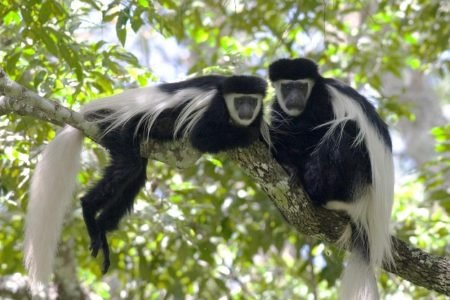

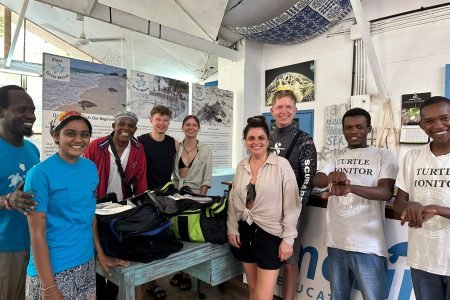
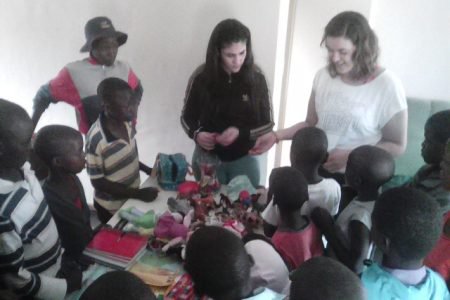
Leave a reply